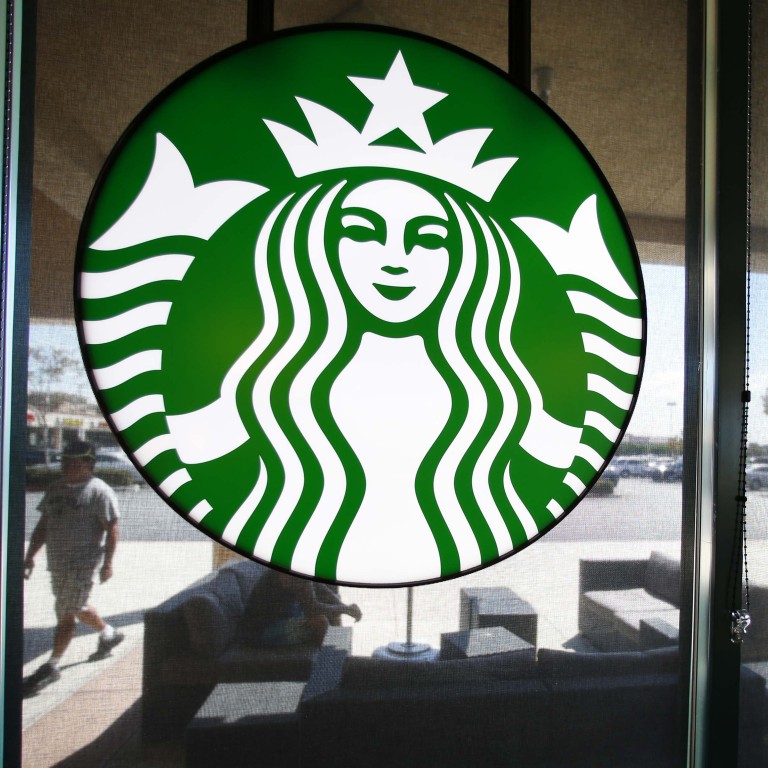
Starbucks China deletes blog post seen as rude rebuttal of CCTV accusation
Starbucks China on Tuesday deleted a microblog post that was widely interpreted online as a veiled message hitting back at the state television that recently criticised it for “profiteering”.
The post on the company’s official Sina Weibo account was of a close-up photo of a pink pen topper of a cartoon animal figure along with the sentence: “Less Monday, more coffee - I couldn’t agree more”.

“We had absolutely no intention of using [the post] as a response to attract media attention,” Starbucks China said in a blog statement published on Tuesday afternoon. It also said the post was only one of a series that is published every Monday to promote coffee, and stressed that the cartoon figure was a giraffe.
The post went viral almost instantly on China’s most popular microblogging platform, Sina Weibo, on Monday. The majority of bloggers viewed the figure as an alpaca, a long-haired South American mammal related to the llama, whose Chinese nickname is pronounced similarly to the Chinese equivalent of the profane insult “f*** you”.
The nickname, Caonima, which literally means "grass mud horse," has been a popular term in Chinese internet lingo since 2009, when netizens adopted it to poke fun at a government campaign to "clean up" internet content. In most online contexts, it has become a symbol of netizens' creative defiance against state censorship.
Comments by many bloggers showed they were convinced that the company deliberately chose to publish the picture of an alpaca as a defiant stance against the attack by state TV.
“Great job. You truly know how to insult someone without speaking rudely,” read one comment.
As of Tuesday the post had been reblogged more than 37,000 times and had garnered 8,100 comments before it was taken down.
In a programme aired on Sunday, CCTV cited a coffee expert as saying a cup of Starbucks coffee that sold for 27 yuan only cost five yuan to make. The anchors then voiced suspicions that Starbucks’ pricing strategy was unfair and discriminatory against Chinese customers. In a response, Starbucks China on Monday said in a statement that its pricing was based on many variable factors, resulting in price variations across the 62 markets where it operated.
However there was a backlash by the online community against the CCTV’s report, shared by a number of academics and entrepreneurs.
Many critics of the CCTV report said it had a “lack of basic economic sense” and was “a setback from the market economy”. They claimed the high prices were reflected in the coffee stores' elegant surroundings and various hefty taxes imposed on enterprises in China. Others asked the broadcaster to instead investigate state-owned enterprises’ “profiteering” practices using their de facto monopoly status.

